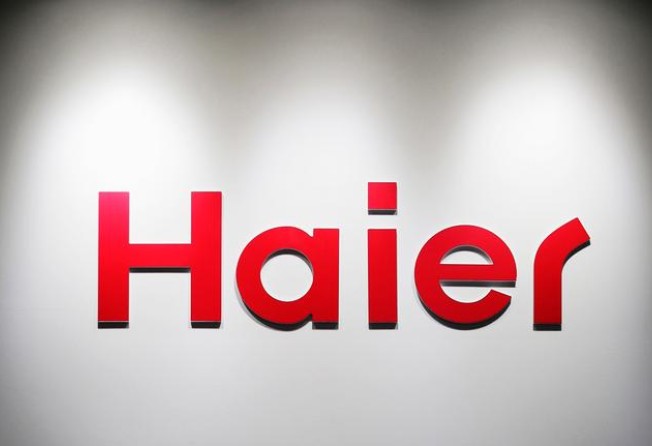Haier, Sina Weibo, ZTE in new foreign tie-ups
Separate new tie-ups with foreign partners by Haier, Sina and ZTE all look like smart moves that could help to boost their prospects at home and abroad

I want to mark this week's return to work for most of China with a look at three new foreign partnerships announced over the past week, one each involving home appliance maker Haier (Shanghai: 600690), the Twitter-like Sina (Nasdaq: SINA) Weibo and telecoms equipment maker ZTE (0763.HK; Shenzhen: 000063). All three of the tie-ups are different in nature, but they do look innovative and encouraging and should have positive implications for each company's future development.
I'll summarize quickly before taking a closer look at the three deals, the first of which will see US private equity giant KKR take a stake in Haier's Shanghai-listed unit. The second tie-up has Sina in a deal with a US data mining firm to tap the huge volume of data generated on the Sina Weibo social networking site. Lastly there's ZTE, which has signed its first major product endorsement tie-up in the US with the Houston Rockets of the National Basketball Association (NBA).
Let's start our round-up with the Haier deal, which will see KKR buy 10 per cent of Qingdao Haier (Shanghai: 600690) as part of a longer term strategic partnership. No price was given, but Qingdao Haier's latest market value would make KKR's investment worth about $600 million (HK$4.65 billion). The two sides didn't give much detail on the nature of their collaboration, but signals indicate that online sales and global expansion will be two major focuses.
I've previously said that I like Haier, which has adopted a relatively cautious but also successful strategy that has made it into one of China's strongest home appliance brands. The company is also one of China's most successful players globally, including its purchase last year of New Zealand's Fisher & Paykel. This new deal looks designed to take Haier to the next level, and KKR's technical and financial expertise could be just the catalyst the company needs to accomplish that goal.
Moving on, Sina's new partnership will see it team up with US data mining specialist Socialgist, which will become the first company outside China to provide data derived from Sina's popular Weibo microblogging service. There's not much detail in the announcement, and I do get the sense that this may be the first major deal for Socialgist.
From a broader perspective, this tie-up is part of Sina's ongoing campaign to monetize Weibo, which has 500 million registered users but has been losing money to date. Sina sold a major stake in the service to leading e-commerce firm Alibaba earlier this year, and many ads linked to Alibaba's popular e-commerce platforms have appeared on Weibo since then. I suspect Socialgist will also pay a nice price to become the first provider of Sina Weibo-based data mining services, perhaps helping Weibo to reach its initial goal of profitability by the middle of next year.
Lastly let's take a look at ZTE, which has just announced the Houston Rockets tie-up as part of its drive to penetrate the lucrative US smartphone market. Under the tie-up ZTE will become the official smartphone brand of the Rockets for the next NBA season. ZTE also points out the deal marks its first major consumer product push into the US, after years of selling cellphones there mostly branded under the names of local wireless carriers.
I do find the choice of the Rockets interesting, since the team is hugely popular in China due to the previous inclusion of homegrown superstar Yao Ming on its roster. But it has relatively limited appeal in the US, where it is just one of many NBA teams. I suspect ZTE will try to use this tie-up to also promote its China sales, though it may only achieve limited success in the US. Still, I commend the company for turning to this kind of high-profile partnership as it tries to build up its brand outside of China.
Bottom line: Separate new tie-ups with foreign partners by Haier, Sina and ZTE all look like smart moves that could help to boost their prospects at home and abroad.